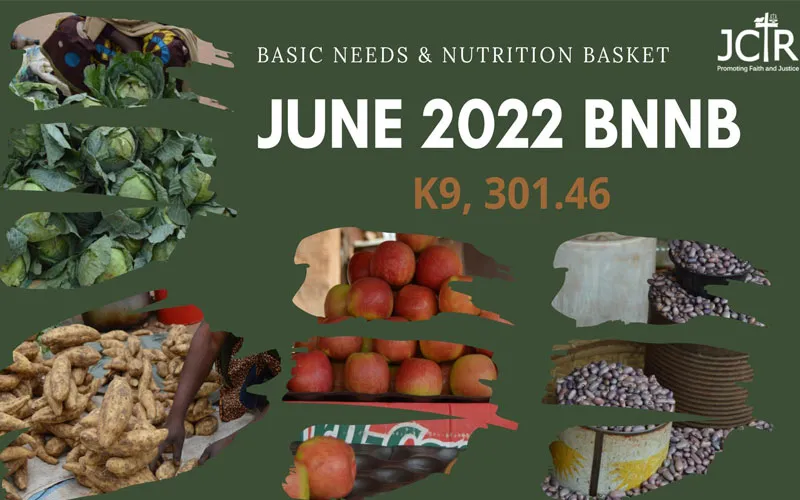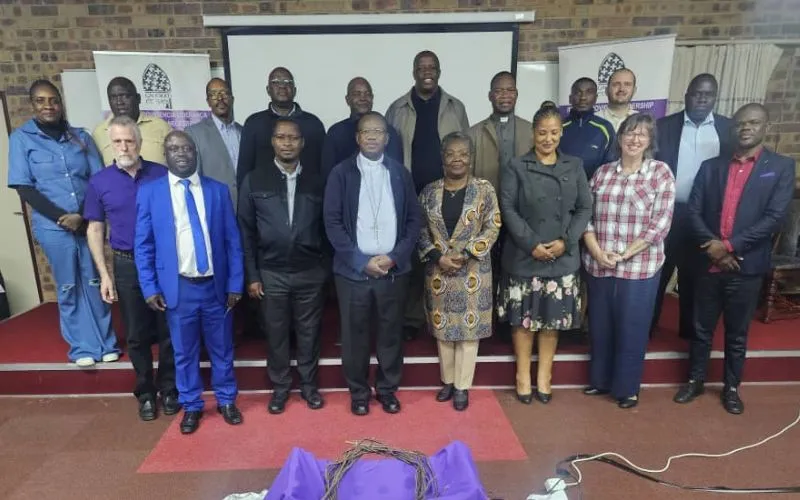Lusaka, 12 July, 2022 / 3:28 pm (ACI Africa).
Jesuit scholars in Zambia have said the high cost of living in the country has affected the ability of many families to live dignified lives.
In their Monday, July 11 Basic Needs and Nutrition Basket (BNNB) statement outlining the cost of living for June 2022, officials of the Jesuit Center for Theological Reflection (JCTR) say the average income of many Zambians remains far below the current cost of living yet the country’s cost of living has increased by K252.21 (US$15.36) since this year began.
“With poor incomes, households therefore struggle to meet basic needs of health, education, water, sanitation and food,” JCTR officials say in their statement shared with ACI Africa.
They add, “Our surveys have established that families are forced to adopt coping strategies such as reducing the number of meals, renting poor housing facilities, doing without essential drugs when sick and defaulting on education costs.”
“This negatively affects families’ abilities to live dignified lives and perpetuates a vicious cycle of poverty,” officials of the Zambia-based Institute that is engaged in research, advocacy, education, and consultancy on social issues say.








